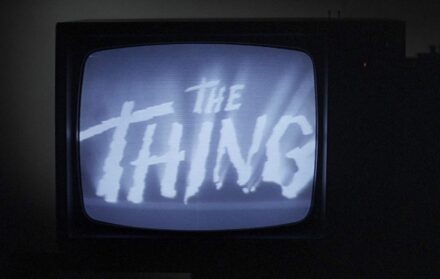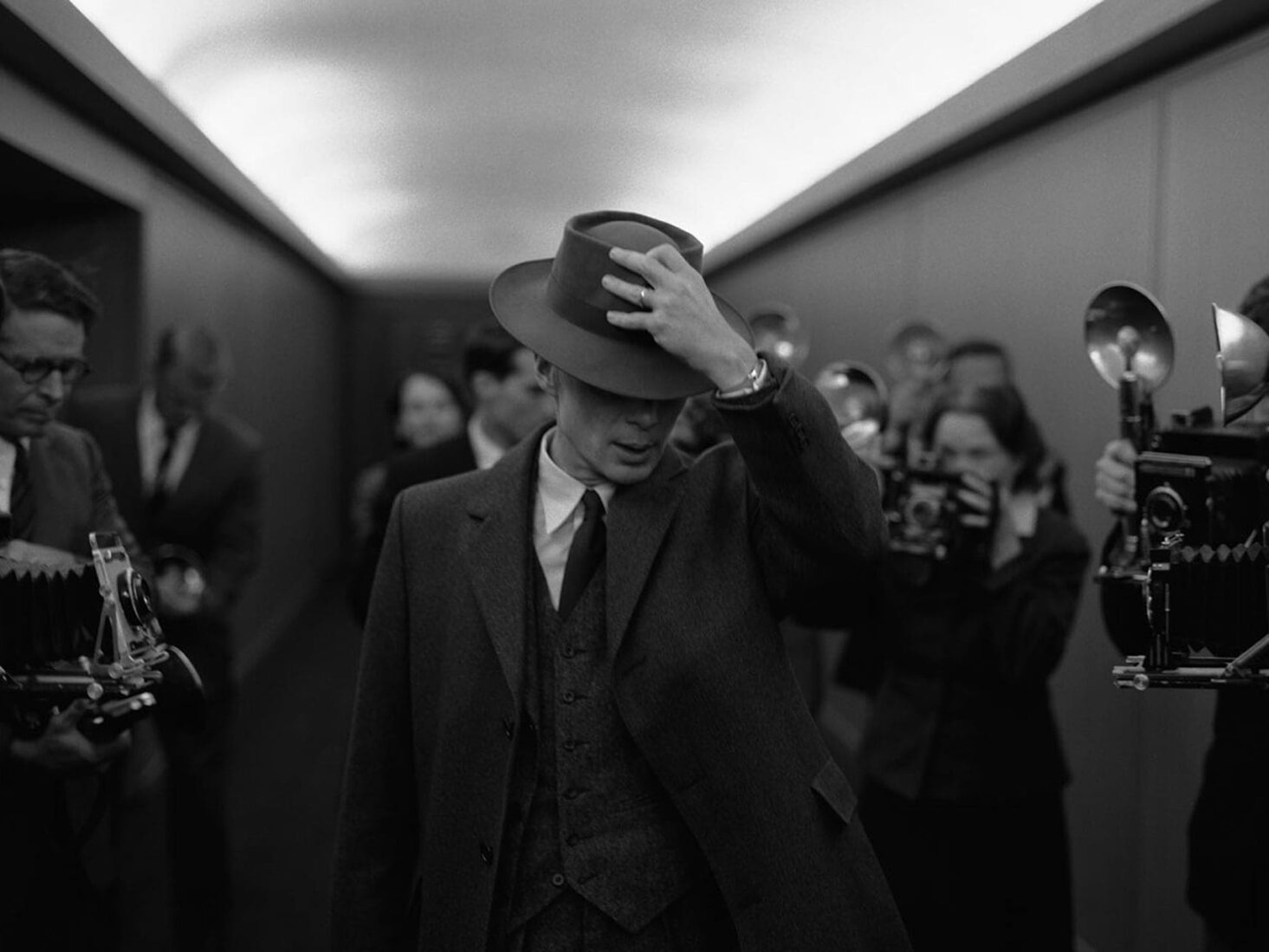
‘Now I am become Death’: Who was the real Oppenheimer?
As Christopher Nolan’s new biopic sets out to tell the story of J. Robert Oppenheimer, how was the man that helped develop the atomic bomb cast from hero to villain?
The sun is still rising over Gibney Beach, St. John, one of the smaller of the seven US Virgin Islands, as J. Robert Oppenheimer, tall, gaunt and looking a lot older than his 60 years, lights yet another cigarette. In front of him, the turquoise Caribbean Sea is calm this morning. Behind him, the only dwelling on this remote, tropical backwater, is the small, brittle-looking house that he built himself.
Hungover from a night of fierce cocktails and fiercer arguments with the dinner guests that he and his wife, Kitty, hosted the evening before, Oppenheimer walks the short distance to his sailing boat and casts off under a cloudless sky. The locals have heard the screams before. To them, island life is near paradise. To their emaciated neighbour, life seems to be a nightmare from which he struggles to escape.
It’s the mid-1960s and it has been more than a decade since that grim spring of 1954 when, in a temporary building near the Washington Monument in the US capital, Oppenheimer had been subjected to four weeks of interrogation to determine whether, despite spearheading the project that led to the creation of the first atomic bomb, he was in fact a Soviet spy.
The upcoming Oppenheimer movie, directed by Christopher Nolan and starring Cillian Murphy, Florence Pugh, Matt Damon and Robert Downey Junior, will, no doubt, help restore the reputation of a man who is considered by modern consensus to have been scrutinised, shamed and left to rot by the US Government during the post-war years.
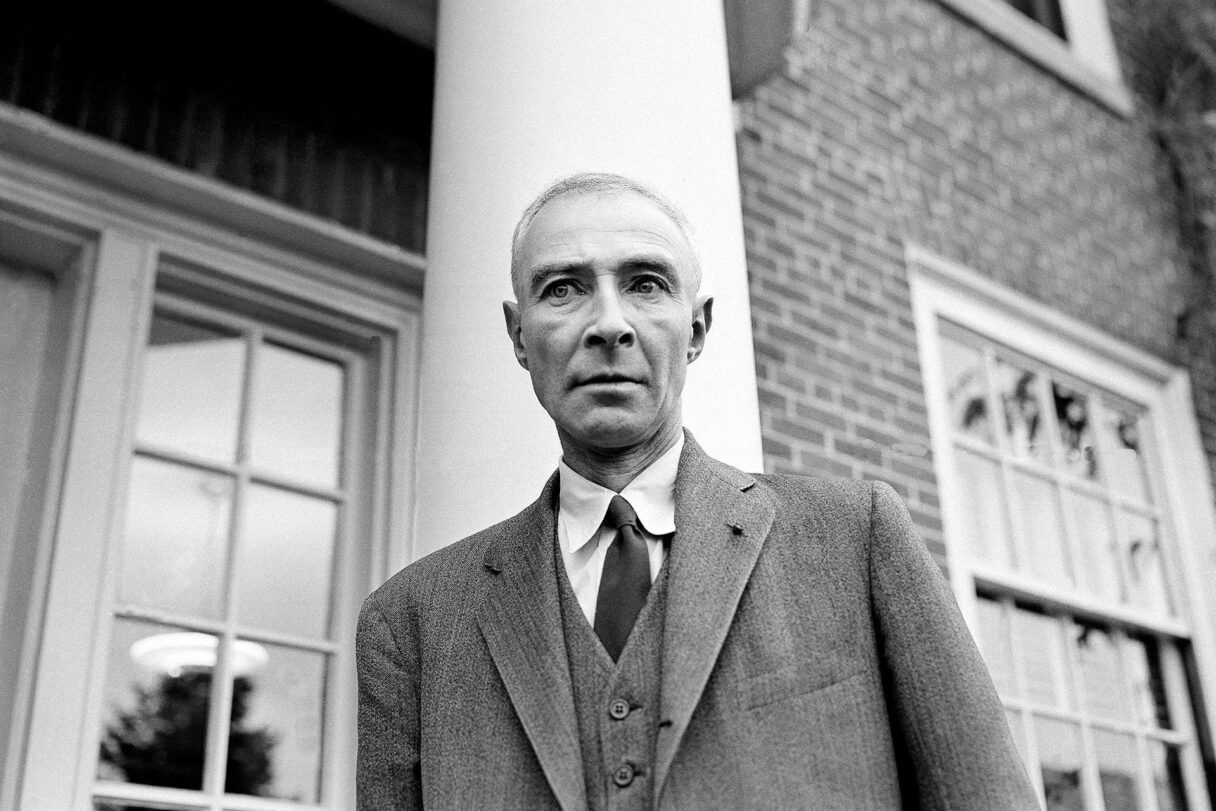
Yet even while Oppenheimer was alive, there were attempts to welcome him back to the scientific community, efforts led by those who believed he could never have been an agent of the USSR – endeavours that were rebuffed by politically-motivated opponents and paranoid intelligence officers.
Oppenheimer was born in New York City in 1904, his father, Julius, having emigrated from what was then Prussia in 1888. Despite arriving in the States with no qualifications and unable to speak English, Julius would make a small fortune importing textiles. Both his sons, Frank and the older Robert, would train as physicists; the brasher, more eccentric Robert emerging as a prodigy who would study at Havard, Cambridge and Berkeley. By the start of the Second World War, Oppenheimer was working as a physics professor at the University of California.
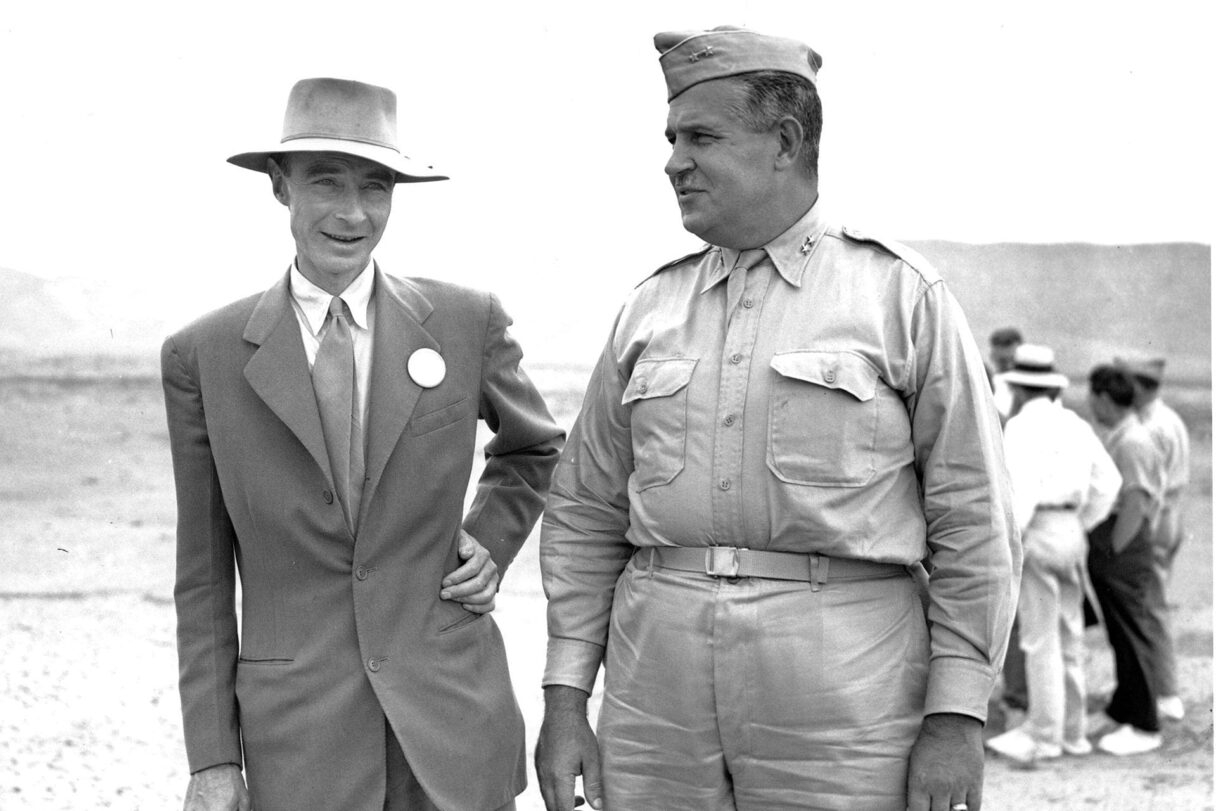
It was in 1943 that Oppenheimer was approached by the US Government to lead the Manhattan Project, a confidential team of scientists whose mission was to develop an atomic bomb. A witness to the very first test, carried out near the Los Alamos laboratory in New Mexico in July 1945, Oppenheimer would later remark that the explosion brought to his mind words from the Hindu scripture Bhagavad Gita: ‘Now I am become Death, the destroyer of worlds.’ He developed conflicted views about the use of the bomb on civilians, the US air force having dropped bombs on Hiroshima and Nagasaki the following month (still the only times nuclear weapons have been used in war).
After the war, Oppenheimer became chairman of the General Advisory Committee of the newly-created United States Atomic Energy Commission. Warning against the development of the even more powerful hydrogen bomb and lobbying against nuclear acceleration in the arms race with the USSR, security officials began investigating Oppenheimer’s background.
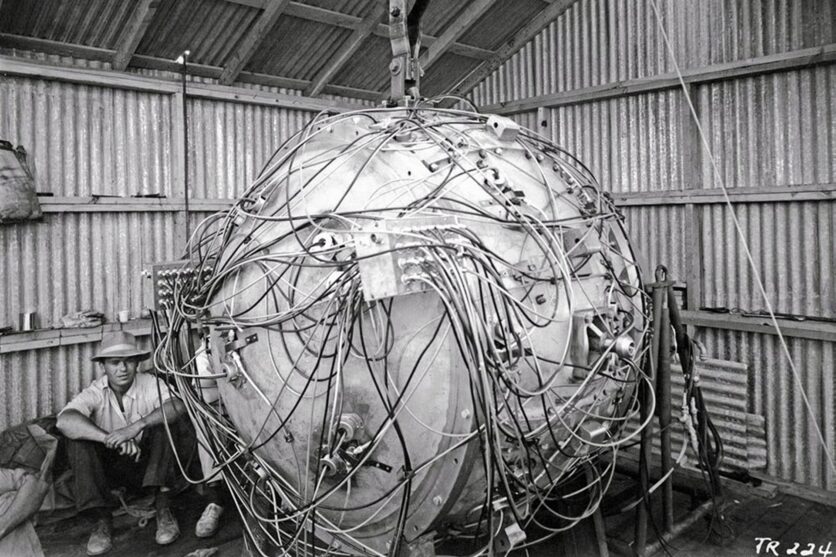
Sufficiently irked by his cautionary demeanour, suspicion among more belligerent intelligence chiefs of Oppenheimer’s political persuasions resulted in a security hearing in 1954, where the man known as ‘the father of the A bomb’ was charged with being a Communist sympathiser, and possibly even a spy.
Stripped of his security clearance at the end of a four-week trial, Oppenheimer was left a broken man; his political influence effectively removed, his reputation tarnished. Exiled from many academic institutions, he spent his remaining days giving occasional lectures in between an existence as a virtual beachcomber in the Caribbean.
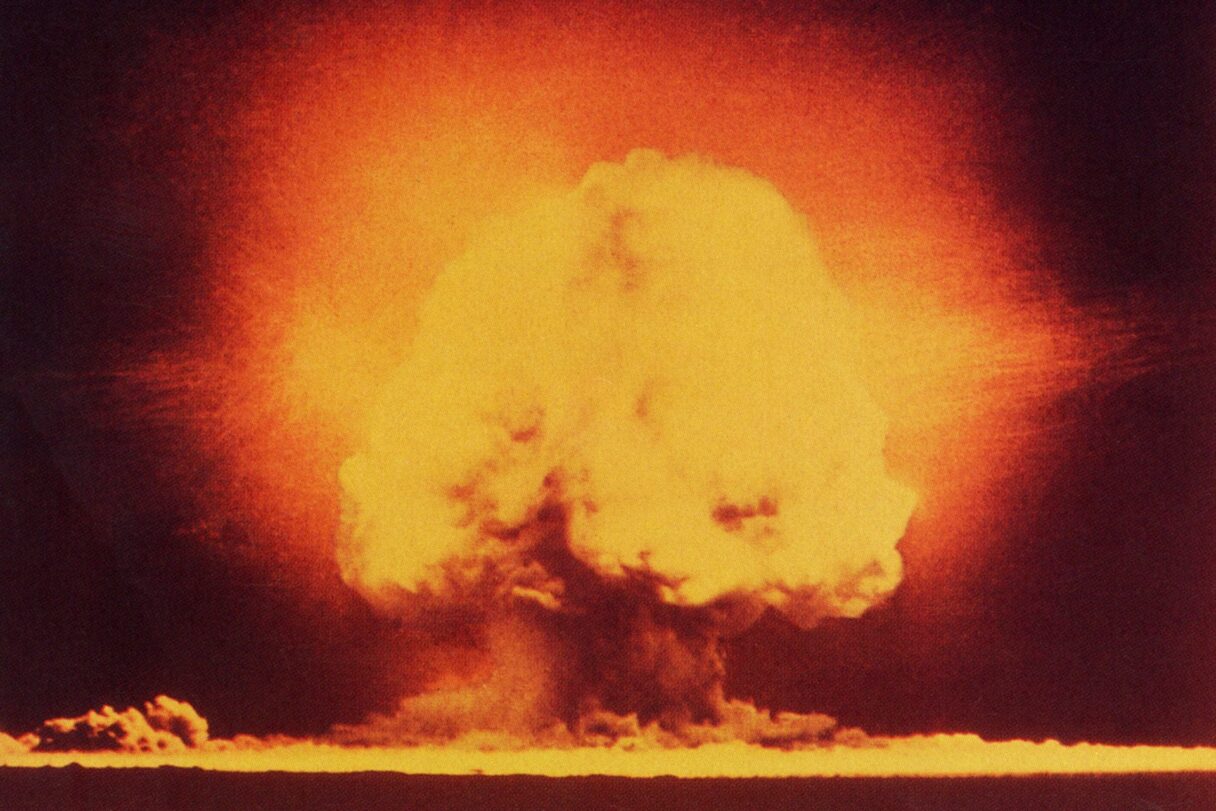
Yet even in the immediate years after the trial, there was a feeling that America was mishandling its brightest scientific talents, an attitude that was amplified by the shockwaves that reverberated around the country when the USSR won the race to launch the first satellite into space.
The launch of Sputnik in 1957 caused a miasma of reflection among the US media about what had become of the man that led the Manhattan Project. What started as mere browbeating became far more potent when a former Air Force Assistant Secretary told reporters that the White House should consider bringing Oppenheimer back into the fold.
This followed an editorial in The Washington Post that stated, “It is time to ask ourselves whether preoccupation with our ‘scientific secrets’ instead of science itself has not resulted in impairing the real sources of our strength and loss of supremacy we once could claim.”
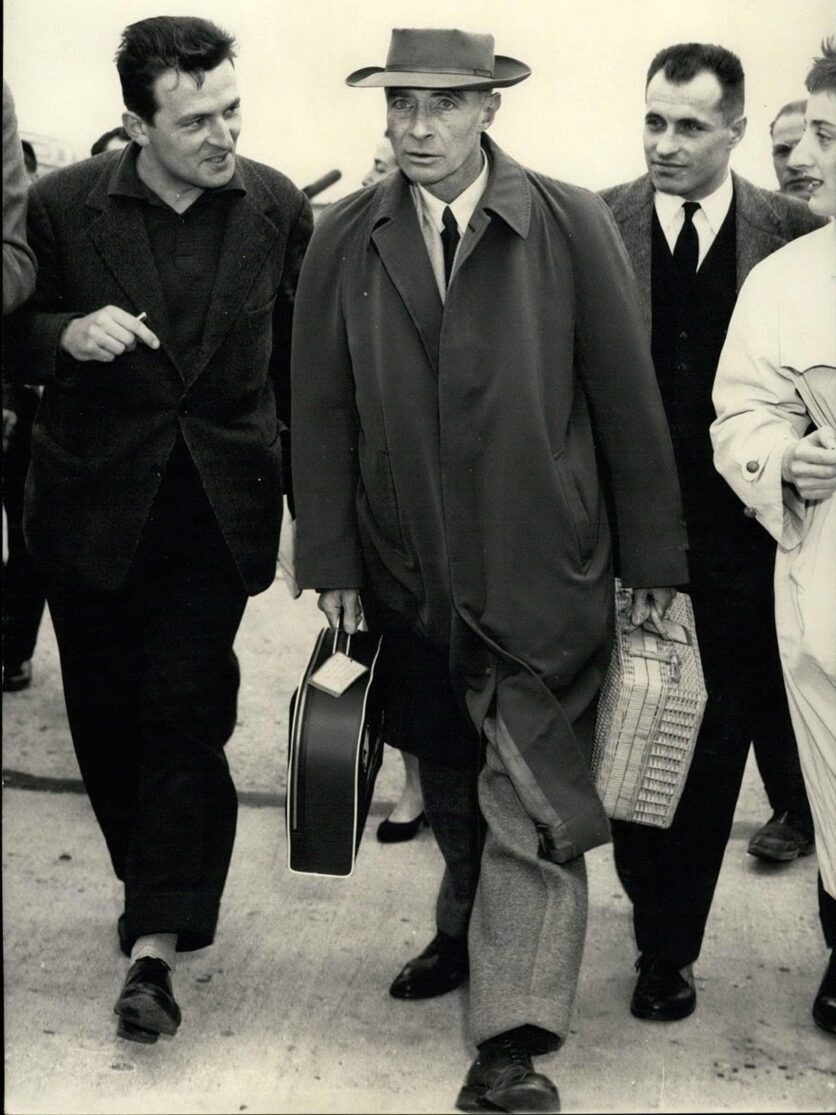
Three years on from his trial, Oppenheimer’s academic career, at least, had been partially restored, although he was met with resistance at the University of Washington, which pulled a series of physics lectures Oppenheimer was due to present after the university President declared that having the scientist on campus ‘would not be in the best interest of the university.’
Other academic institutions were more receptive; Oppenheimer was invited to talk at universities in Oregon, where the lectures had to be moved from the science faculty to the main auditorium, such was demand. Even his old alma mater, Harvard, rode out strong opposition to allow their former student to deliver a series of rapturously-received lectures.
Through it all, whether he was held up as an Einstein-type genius or scorned as a threat to national security, Oppenheimer refused to add his own voice to the debate. He was, by this time, more than aware of being a citizen of a country that was capable of deciding his fate regardless of his culpability or innocence.
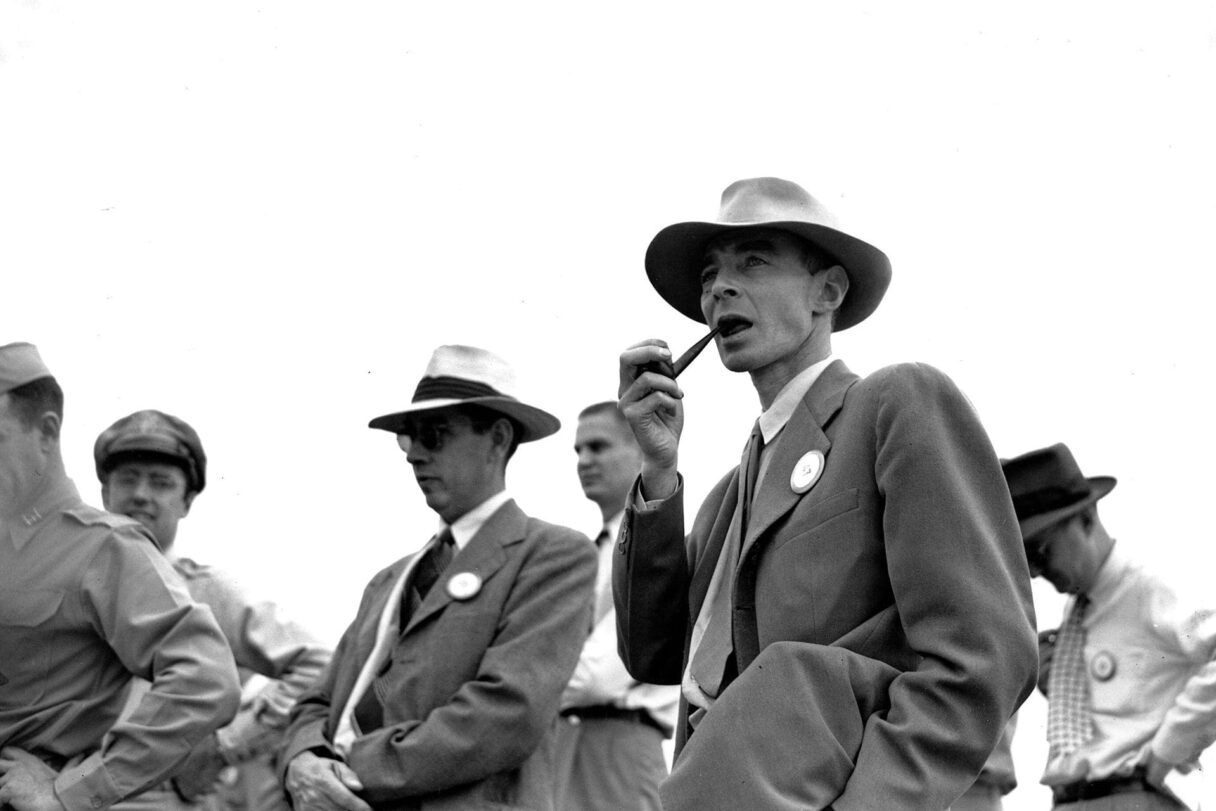
The rehabilitation of Oppenheimer’s career was given a further boost with the retirement of Lewis Strauss as head of the Atomic Energy Commission. Strauss had long despised Oppenheimer, colluding with J. Edgar Hoover to begin investigations against him after claiming that Oppenheimer was ‘sabotaging’ the hydrogen bomb project. ‘Something must be done,’ he said.
Yet for Oppenheimer to re-join the AEC there would, by law, have to be a new hearing. The incoming head of the AEC was convinced that Oppenheimer was innocent and that America had banished one of its most dazzling talents to the wilderness. Yet a new trial, with more weeks in the dock, was a prospect that Oppenheimer had absolutely no desire to endure.
By the time John F. Kennedy became President in January 1961, there were a number of highly-placed supporters of Oppenheimer. Still, with the man himself seemingly disinterested in returning to serve the country that had cast him adrift, there was little JFK could do other than invite him to a White House gala for the announcement of the Nobel Prize winners.
Oppenheimer had himself been nominated for the prestigious Enrico Fermi Award; presented annually to an individual who had made noteworthy contributions to nuclear physics or otherwise benefited humankind through the development and promotion of atomic science and technology.
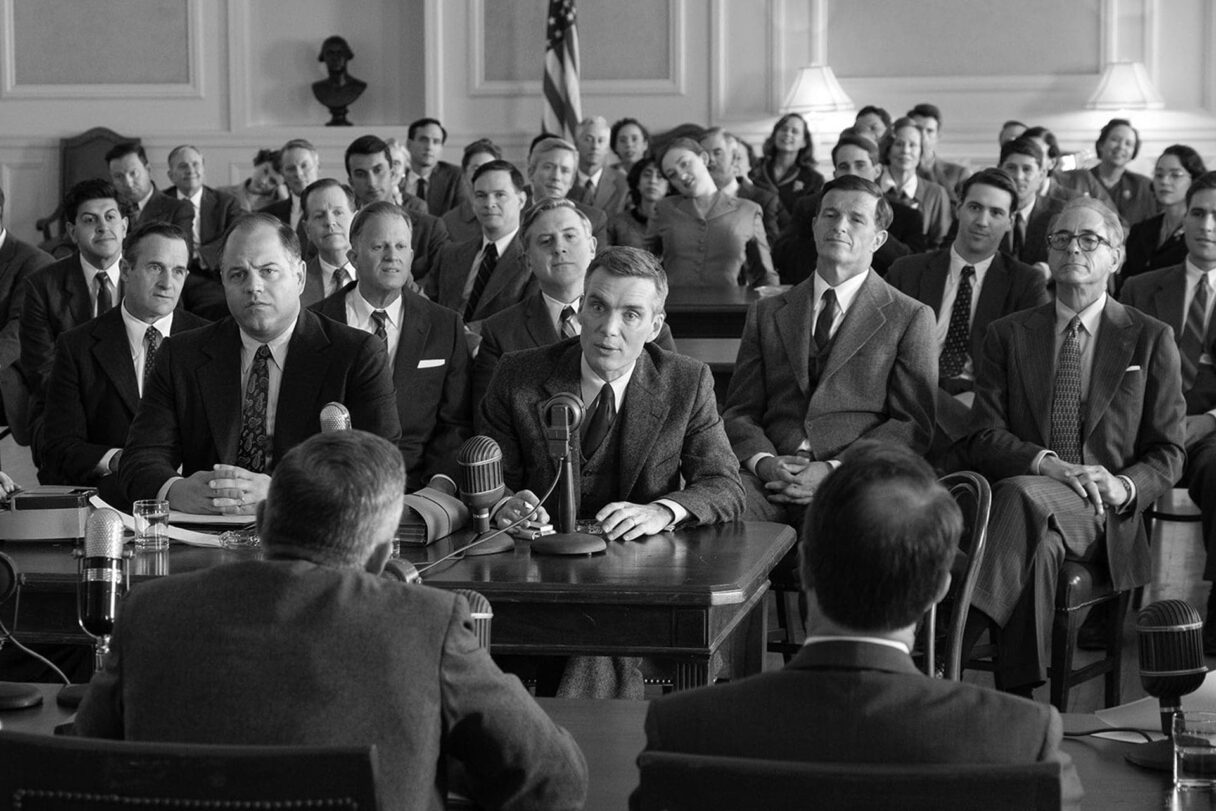
It was an award that Kennedy would never get the chance to present. Assassinated two weeks before the ceremony, it fell to his successor, Lyndon B. Johnson, to give the now partially-resurrected Oppenheimer the medal. Looking distinctly frail, in his speech, Oppenheimer stated: “I think it is just possible, Mr President, that it has taken some charity and some courage for you to make this award today. That would seem to be a good augury for all our futures.”
In December 2022, 68 years after Oppenheimer was brought to trial, the US Secretary of Energy, Jennifer M. Granholm, nullified the 1954 revocation of Oppenheimer’s security clearance and acknowledged Oppenheimer’s loyalty to the United States. While that reprieve might bring some comfort to Oppenheimer’s family, it came far too late for Oppenheimer himself who, as a lifelong chain smoker, died of throat cancer in February 1967 aged just 62.
Oppenheimer’s humble beach house in the US Virgin Islands was destroyed by a storm. But the small, sandy bay where he lived out his often desolate last years has had a name change. Tourists can now visit Oppenheimer Beach, a location that, despite its Caribbean charms, never truly brought peace to a wrongly-shamed scientist who helped change the course of the 20th century.
Oppenheimer is released in the UK on 21 July 2023.






